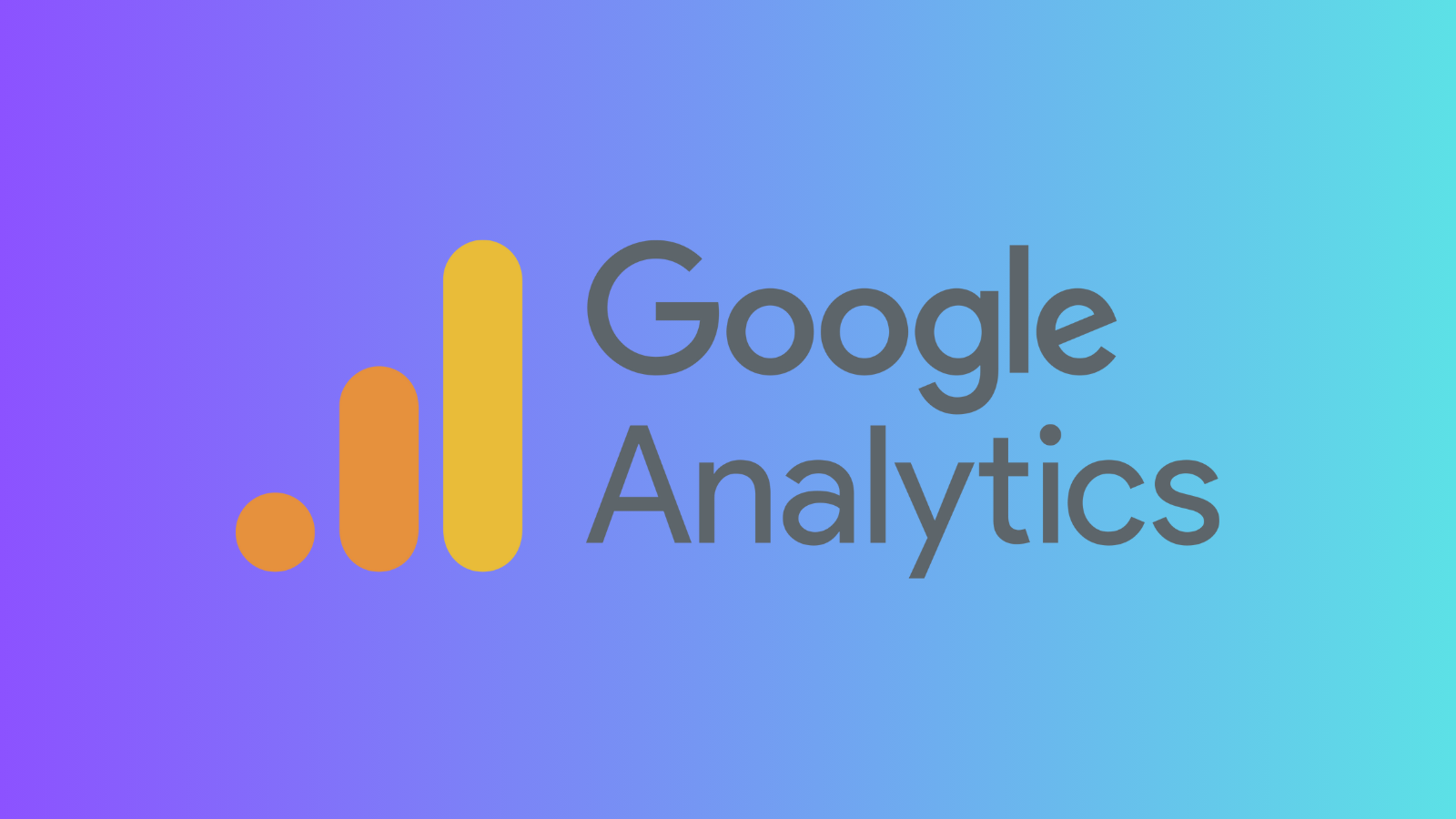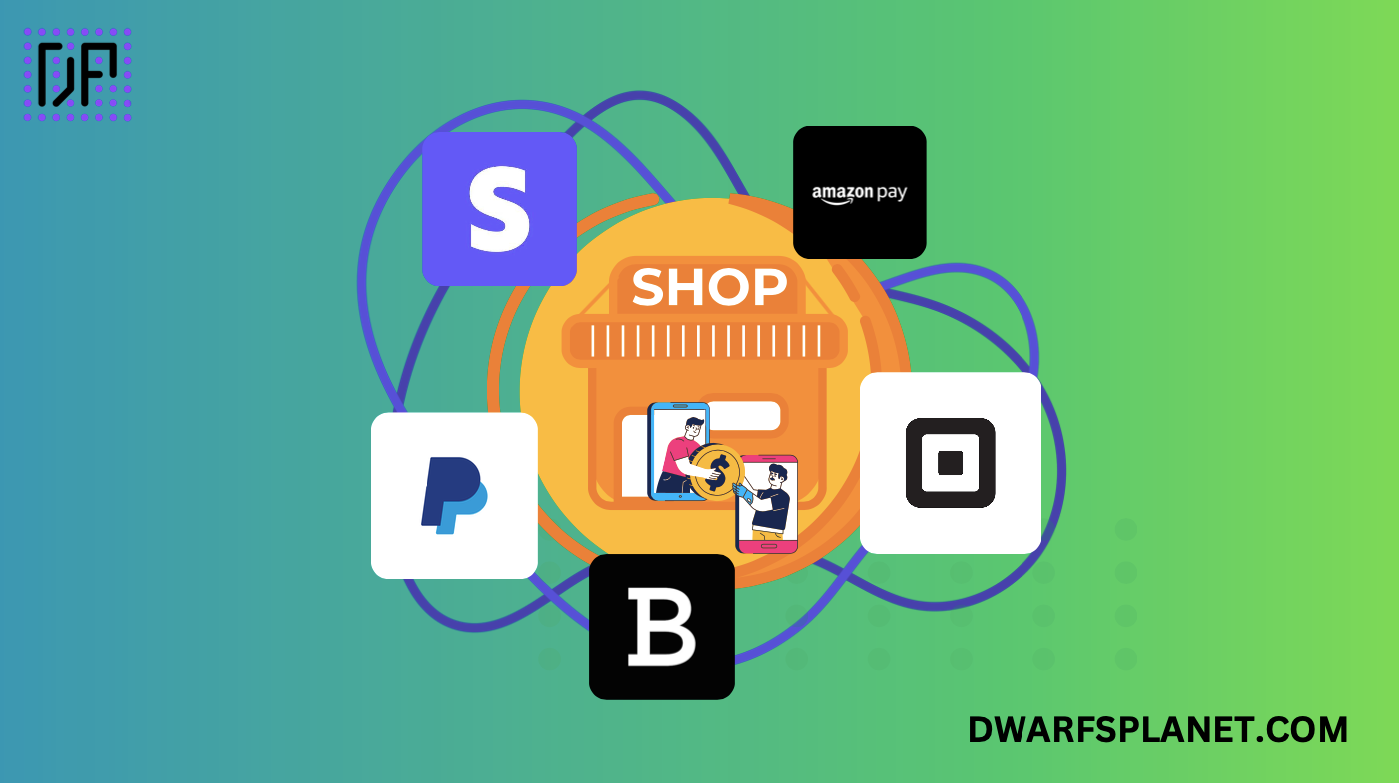Website traffic analysis, user behavior
Google Analytics is the most widely used web analytics tool, offering businesses invaluable insights into how visitors interact with their websites and mobile apps. It provides detailed reports on user behavior, traffic sources, conversion rates, and much more, enabling businesses to optimize their digital marketing strategies and improve user experience. With its robust features and seamless integration with other Google products, Google Analytics is an essential tool for any business looking to understand and enhance its online presence.
Key Features:
- Real-Time Reporting: Google Analytics provides real-time data on website traffic, allowing businesses to monitor user activity as it happens. This feature is essential for tracking the effectiveness of campaigns and understanding immediate user behavior.
- Audience Insights: The platform offers detailed demographic and geographic data, helping businesses understand their audience better. Insights include user age, gender, location, interests, and devices used to access the website.
- Traffic Source Analysis: Google Analytics identifies where visitors are coming from—be it search engines, social media, direct visits, or referral sites. This data helps businesses understand which channels are driving the most traffic and optimize their marketing efforts accordingly.
- Behavioral Analysis: The platform tracks how users navigate through a website, including which pages they visit, how long they stay, and where they drop off. This analysis helps businesses identify areas of the website that need improvement.
- Conversion Tracking: Google Analytics allows businesses to set up and track conversions, such as completed purchases, form submissions, or sign-ups. This feature is crucial for measuring the success of marketing campaigns and optimizing for better performance.
- Custom Dashboards and Reports: Users can create customized dashboards and reports to focus on the metrics that matter most to their business. These reports can be scheduled for automatic delivery, making it easy to keep stakeholders informed.
Benefits:
- Comprehensive Data Collection: Google Analytics collects a vast amount of data, providing businesses with a complete picture of their online performance. This data is crucial for making informed decisions and improving marketing strategies.
- Free and Accessible: Google Analytics is free to use, making it accessible to businesses of all sizes. The platform offers a wide range of features at no cost, with a premium version (Google Analytics 360) available for larger enterprises needing advanced capabilities.
- Seamless Integration: Google Analytics integrates smoothly with other Google products, such as Google Ads, Google Search Console, and Google Tag Manager. This integration allows for more comprehensive data analysis and streamlined campaign management.
- User-Friendly Interface: Despite its advanced capabilities, Google Analytics is relatively easy to set up and use. Its intuitive interface and extensive documentation make it accessible to both beginners and experienced marketers.
Strong Suit: Google Analytics’ strongest asset is its ability to provide detailed, actionable insights into user behavior and website performance. Its free access, combined with the depth of data it offers, makes it an indispensable tool for digital marketers and businesses looking to optimize their online presence.
Pricing:
- Free: Includes most of the core features, such as traffic analysis, conversion tracking, and audience insights.
- Google Analytics 360: Custom pricing for enterprise-level features, including more robust data processing, advanced reporting, and dedicated support.
Considerations:
- Learning Curve: While Google Analytics is powerful, it can be overwhelming for beginners due to the vast amount of data and metrics available. Understanding how to set up goals, filters, and custom reports may require some training.
- Data Sampling: In the free version, Google Analytics sometimes uses data sampling when processing large data sets, which can affect the accuracy of reports. This can be a limitation for businesses requiring precise, unsampled data for analysis.
Invoicing, expense tracking, payroll
Invoicing, expense tracking, payroll
Invoicing, expense tracking, financial reporting
Summary: Google Analytics is the go-to web analytics platform for businesses of all sizes, providing comprehensive insights into website and app performance. Its free access, user-friendly interface, and integration with other Google tools make it an essential part of any digital marketing strategy. However, businesses should consider the potential learning curve and data sampling issues when using the free version of the platform.















1 thought on “Google Analytics: The Ubiquitous Standard for Web Analytics”